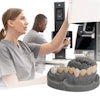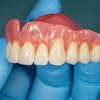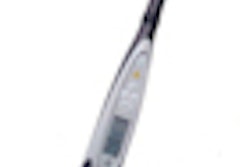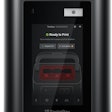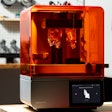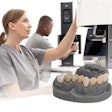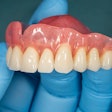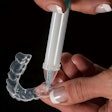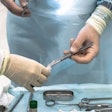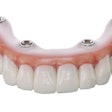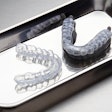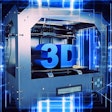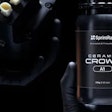
Q: Many of my colleagues are now using digital caries detectors in addition to explorers to look for carious lesions. How accurate are they? Should I get one, too?
A: A digital caries detector -- such as the KaVo Diagnodent or Midwest Caries-ID -- is more accurate in detecting caries than an explorer. Caries is not as simple to diagnose today as it was decades ago when there were large, bombed out teeth. In fact, some dental schools no longer recommend the use of an explorer at this time for caries examination, preferring instead to try and remineralize an incipient carious lesion rather than poke a hole through the enamel and have to restore it.
The caries detectors (whether they use an LED or laser light) read the fluorescence of decay through the enamel, which is different than an intact tooth. The caries detectors have high sensitivity but low specificity, so anything that fluoresces will be read as caries, including composites, sealants, or green prophy paste. The treatment choices may be different for a young patient versus an older patient with similar caries detector readings.
I believe that a digital caries detector is a much improved diagnostic aid compared to an explorer. Still, using a caries detector as a diagnostic tool does not take away the judgment decisions of the dentist to make the final definitive diagnosis as to whether a tooth needs treatment or not. In the end you cannot treat what you have not properly diagnosed.
Martin Jablow, D.M.D., is a practicing dentist and a self-professed technophile who lectures and blogs on a variety of technologies used in dentistry (dentechblog.blogspot.com). If you have a technology question for Dr. Jablow, e-mail it to us at [email protected]. If we use your question, you'll receive a $10 gift card from Amazon or Starbucks!
Copyright © 2009 DrBicuspid.com


